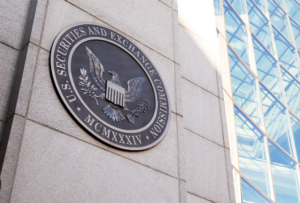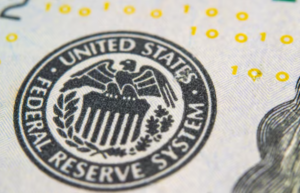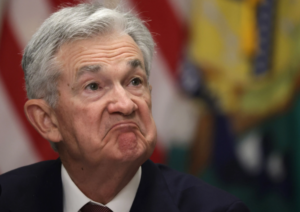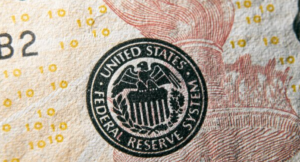$USDARS $BTC $XRP
#Argentina #CurrencyPolicy #Economics #JavierMilei #Peso #Inflation #Crypto #Devaluation #Finance #EmergingMarkets #Macroeconomics #GlobalMarkets
Javier Milei, the libertarian economist and presidential candidate in Argentina, has bolstered his controversial stance on the nation’s monetary policy, aiming to interrupt the unrelenting devaluation of the Argentine peso. Milei, already known for advocating bold and unorthodox financial strategies, appears intent on leveraging tighter monetary control as a mechanism to address the country’s surging inflation, which hovers at some of the highest levels globally. His decision to slow the peso’s devaluation, a departure from more conventional free-market dynamics that often favor flexible exchange rates, underscores his prioritization of combating inflation over short-term market balance. This measure has sparked mixed reactions domestically and abroad, with market participants closely monitoring potential ripple effects on Argentina’s already fragile economic structure.
Critics argue that Milei’s approach risks exacerbating existing imbalances rather than correcting them. By imposing a deceleration in the peso’s depreciation, Argentina’s currency could become artificially overvalued in the short term, further straining its foreign reserves. The country faces a precarious financial position, heavily leveraged with a burdensome external debt burden that requires substantial foreign exchange. Milei’s strategy, while aimed at stemming inflationary pressures on the domestic economy, may also discourage export competitiveness by keeping the peso stronger than it would naturally be. This could lead to potential trade deficits, dampening investor sentiment for assets tied to Argentina’s markets. Investors in global forex markets have already responded cautiously, with a slight uptick in $USDARS volatility, reflecting uncertainty surrounding the long-term sustainability of such policies.
From a broader perspective, Milei’s monetary policies also intersect with growing interest in alternative currencies in Argentina. The adoption of crypto assets like $BTC and $XRP has accelerated amid the peso’s continued depreciation. These decentralized digital currencies are viewed by Argentines as a hedge against inflation and monetary instability. Milei’s libertarian leanings and prior support for Bitcoin have fostered speculation that his policy framework may increasingly include crypto-centric solutions. While a wider-scale shift from fiat to crypto remains speculative, such a pivot could foster unprecedented volatility within financial markets, particularly as traders and policymakers gauge cryptocurrencies’ potential role in solving emerging-market debt and inflation crises.
Still, Milei faces significant political and economic obstacles in executing his reform agenda. His plan to stabilize the peso through deliberate devaluation control may buy short-term relief but carries long-term risks, particularly for investor confidence. Financial markets are likely to remain on edge, with continued pressure on bond yields and equity markets in Argentina. Additionally, Milei’s ideology may clash with entrenched interests within the government and global creditors, further complicating its practical implementation. For traders and economists, Argentina’s currency experiments under Milei could evolve into a case study of risks versus outcomes in unconventional monetary policy. This dynamic will likely shape sentiment around emerging markets broadly and could influence how institutional investors approach risk-driven economies.







Comments are closed.